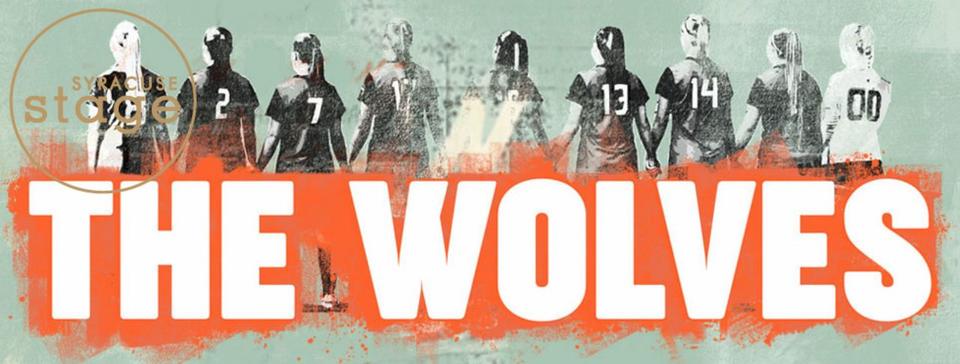Vintage Over Digital: Alumnus Dan Cohen’s Voyager CD Bag Merges Music and Fashion
Bucking the trend of streaming music platforms and contrary to what one might expect of a member of his generation, musician Dan Cohen ’25 prefers listening to his favorite artists on compact disc (CD) and record players. His research and…


 The Syracuse Stage season continues with the critically acclaimed
The Syracuse Stage season continues with the critically acclaimed